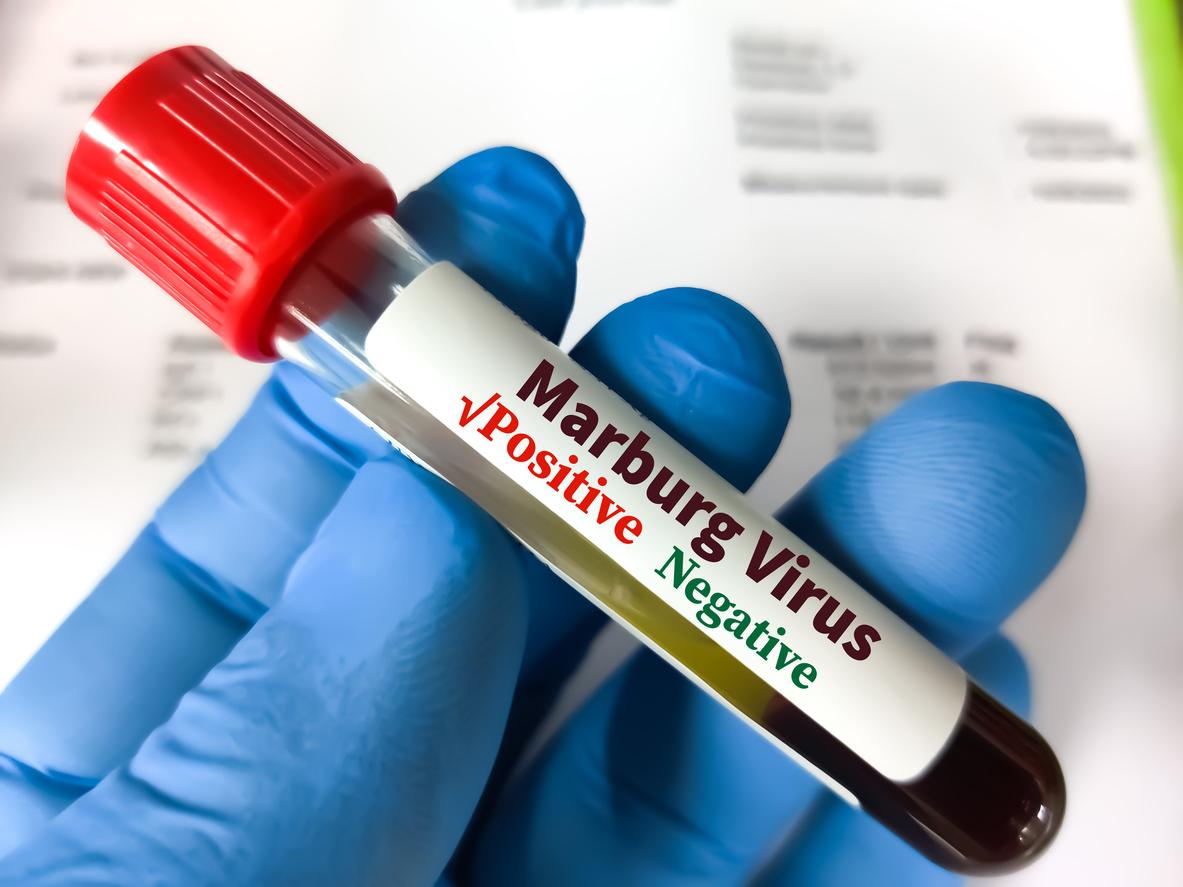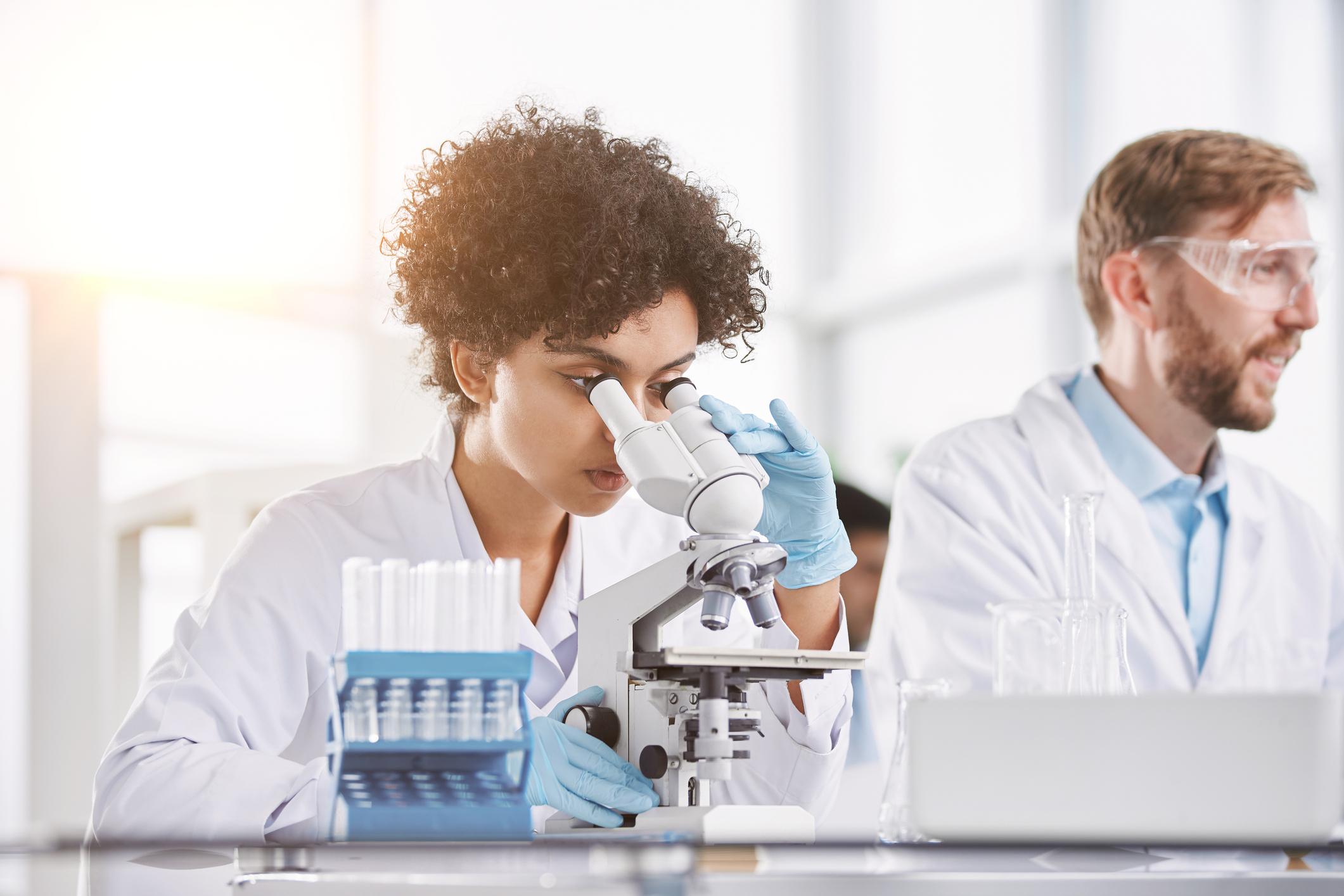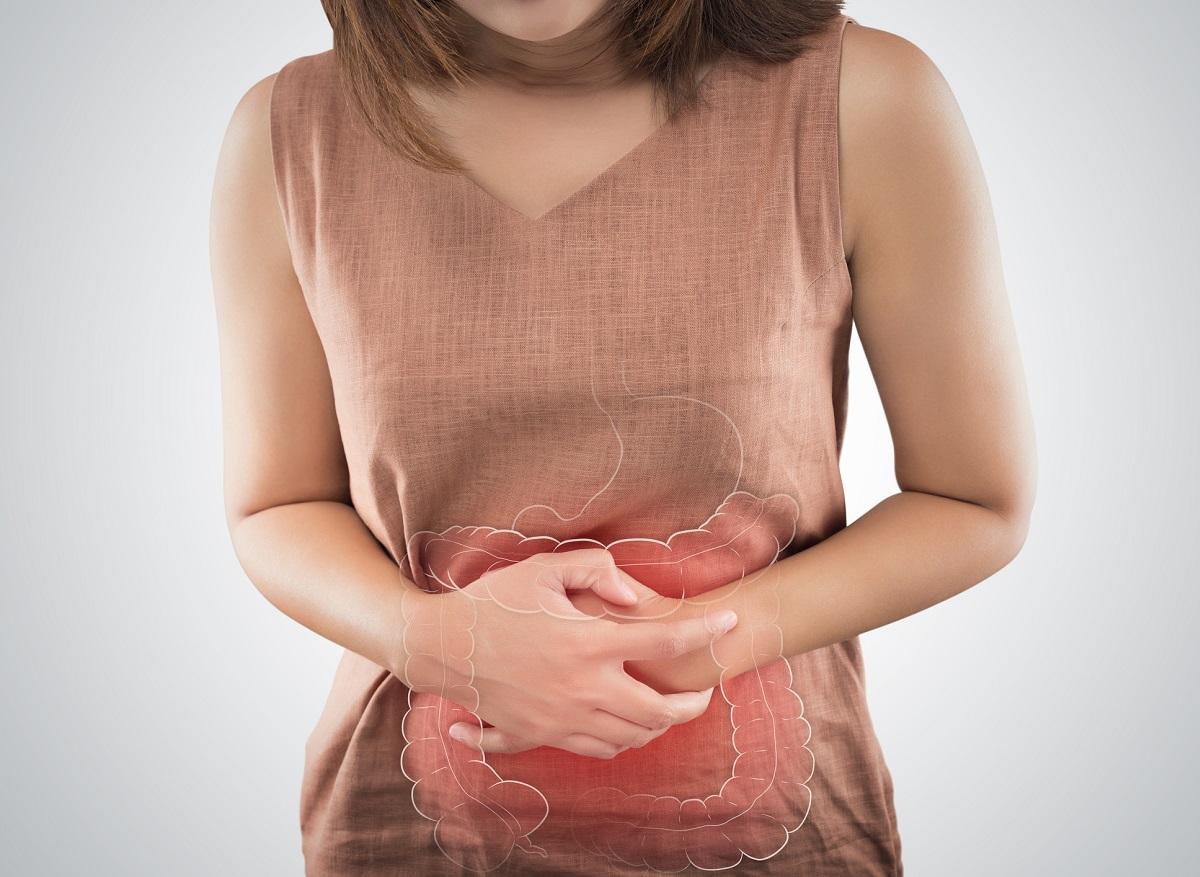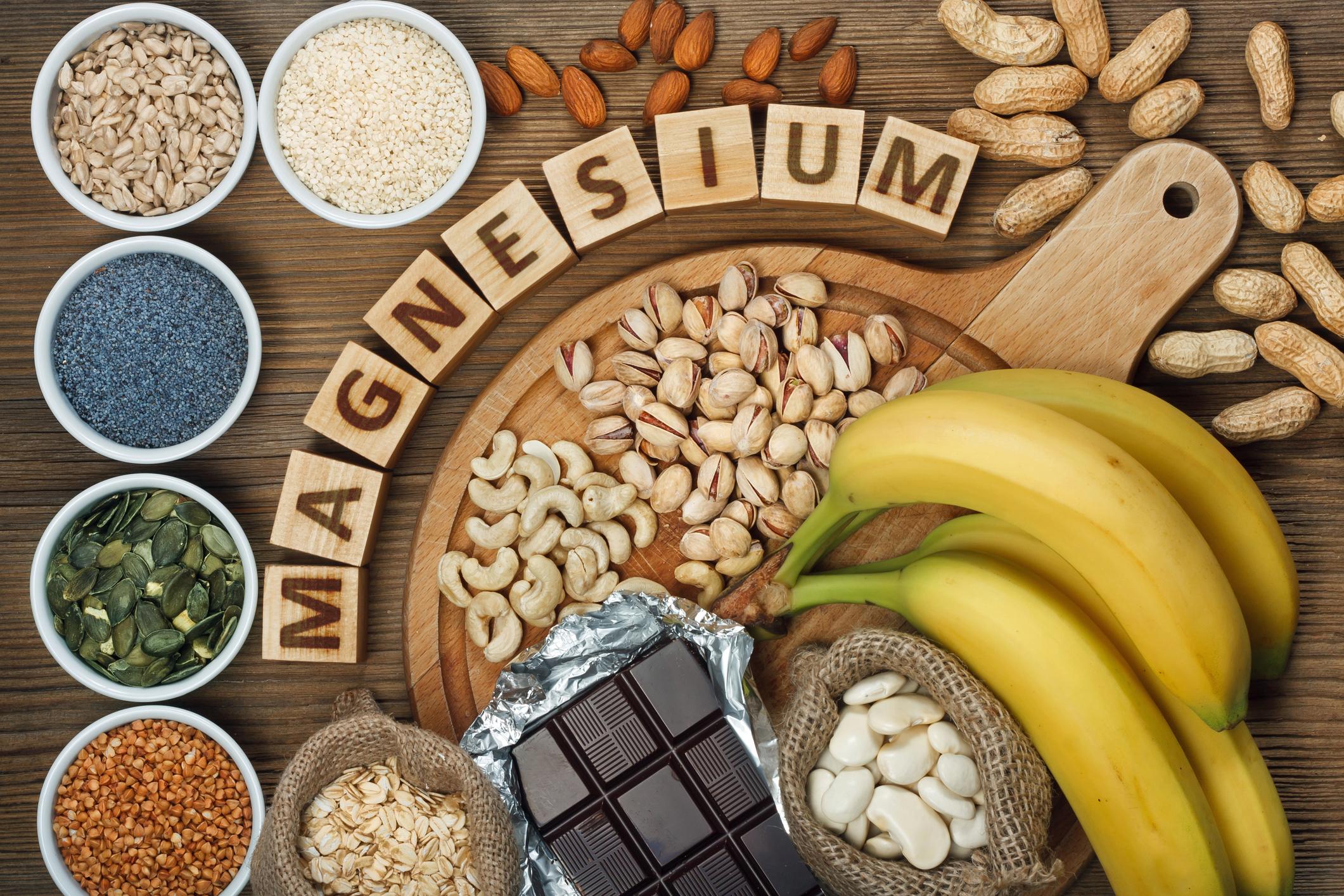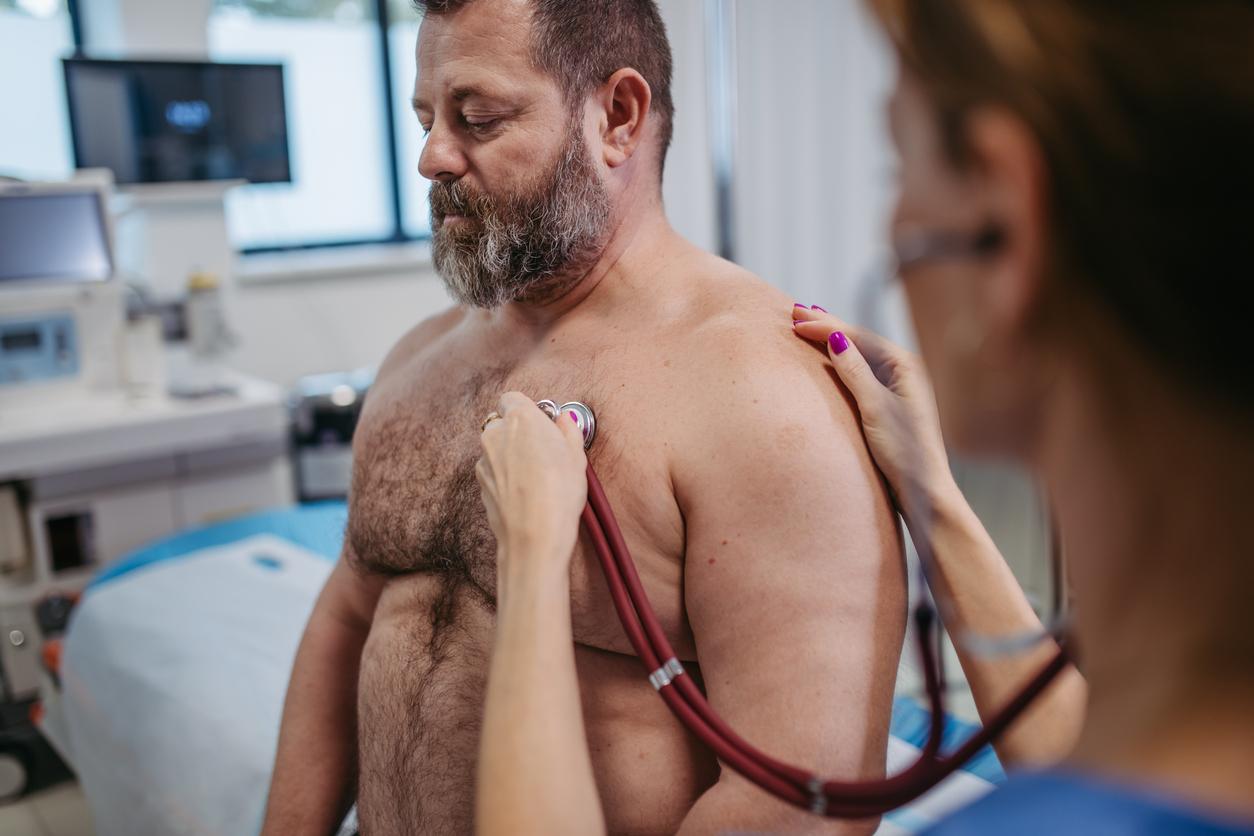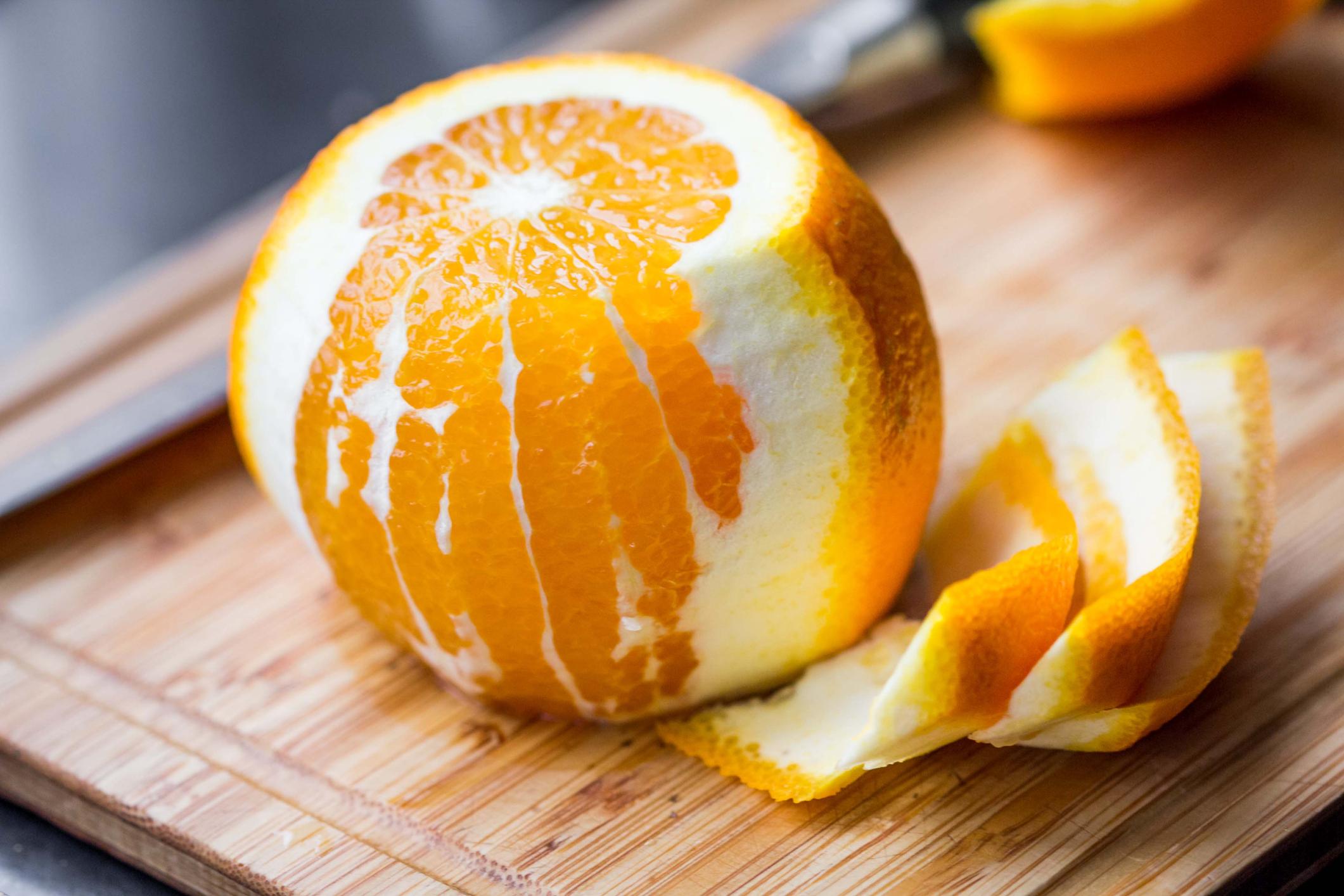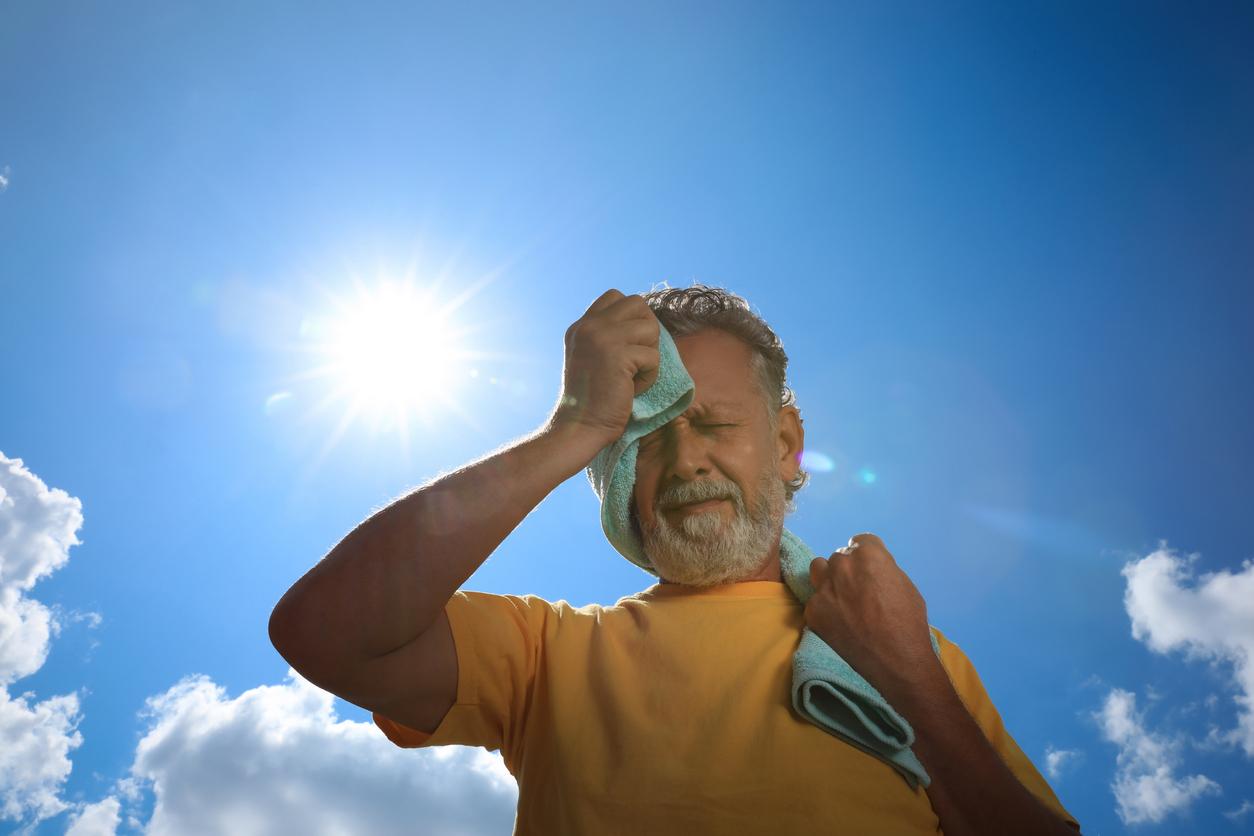Several causes can explain why you are often thirsty: dehydration of course, but also certain pathologies, taking medication or eating salty foods.
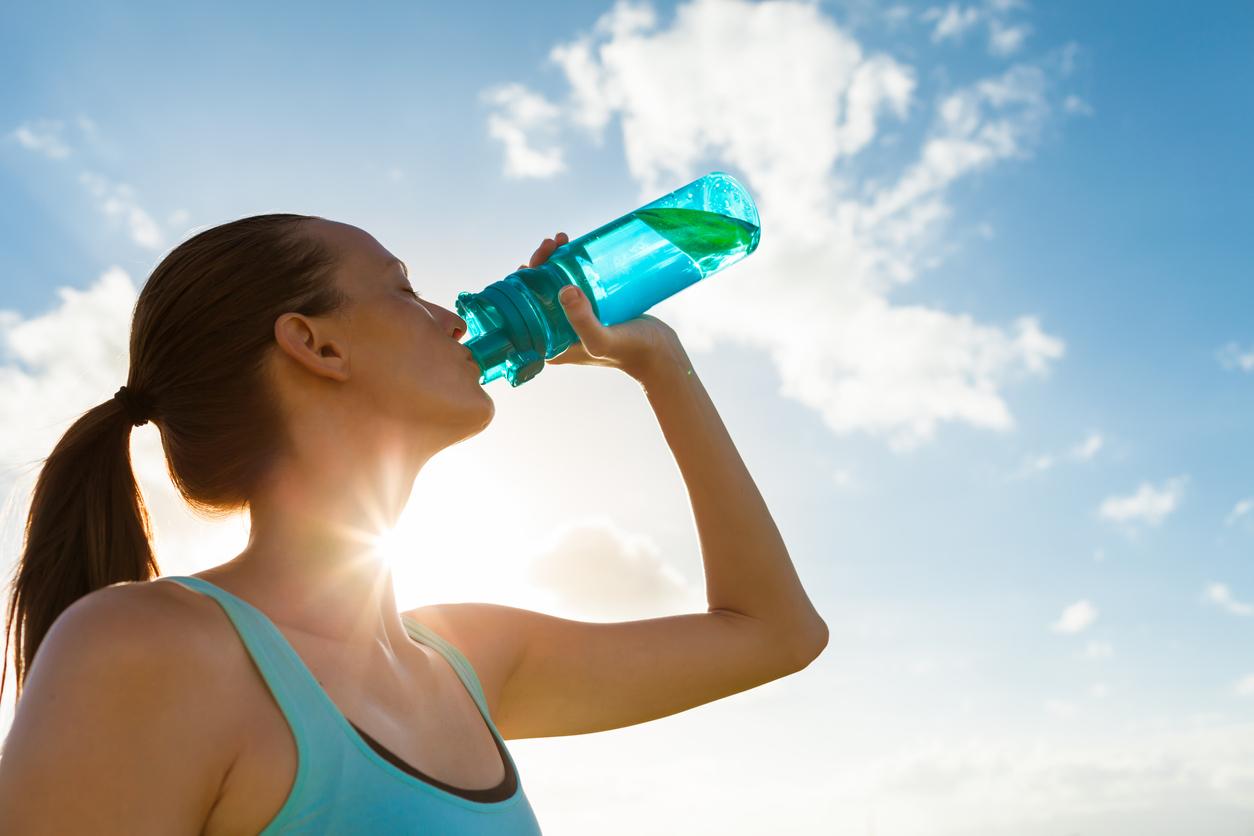
- The ideal is to drink a little throughout the day.
- Water represents 60 to 65% of the total weight of an adult according to the Vidal.
- If you notice an unusual need to hydrate yourself, it is best to consult your general practitioner to check that this is not the sign of an illness.
“The water ingested compensates for that which we eliminate in the form of sweat (half a liter per day), urine (one liter per day) or breathing (half a liter per day)“, according to Vidal. If you follow this recommendation, you should therefore drink about two liters of water a day. Indeed, each cell in our body needs water to function, so a lack of it can have consequences on health but also be a sign of a problem.
Thirst can be a sign of a condition such as diabetes
Some people naturally drink the necessary amount of water per day, while others have to force themselves a little more. But what does it mean when a person is often thirsty? Certain health problems can explain this feeling. Diarrhea or vomiting for example, which eliminates a lot of water in a fairly short period of time.
But, when the feeling of thirst is recurrent, it can also be a symptom of the onset of type 2 diabetes, a disease characterized by too much sugar in the blood, because the body expels sugar through urine.
Hyperthyroidism is another health problem that may explain the feeling of thirst. According health insurance, this pathology is characterized by the fact that the thyroid gland produces too many hormones. This excess leads to dysfunction of the organs sensitive to these hormones and, in some patients, this manifests as excessive sweating. They therefore need more hydration.
Another explanation: taking certain medications that can cause side effects such as thirst. These include antipsychotics or antidepressants.
Dehydration can happen to anyone
It may have happened to you before: after eating a pizza, you are very thirsty for the next few hours. This is a completely normal phenomenon. “After eating salty foods, the salt is absorbed into your bloodstream, explains Matthew Goldman, doctor. Your kidneys create extra urine to reduce fluid and sodium levels in your bloodstream. Fluid from your tissues is drawn into your bloodstream to accommodate. And then your tissues and cells get dehydrated and we have to replenish the water balance.” Thus, after eating a very salty food, it is necessary to hydrate well. Finally, some individuals sweat more than average and therefore may need to drink more than others.
How do you know if you are getting enough hydration? “In general, the amount of water you need will vary depending on your health, activity level, gender, age and more.emphasizes Matthew Goldman. My answer is often to drink enough water to keep your urine clear, unless advised otherwise.“It is also recommended to avoid drinks that are too sweet and/or alcoholic as well as those containing caffeine because they make you urinate much more than water, often prevent you from drinking it and dehydrate you.
Last tip to stay hydrated: eat certain foods that contain a lot of water. This is for example the case of cucumbers, celery or watermelon… to be consumed without moderation!










